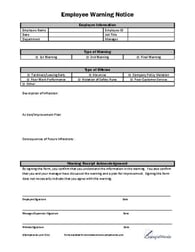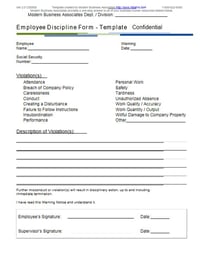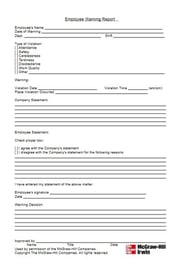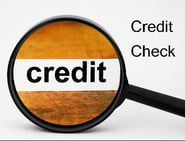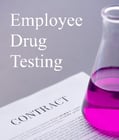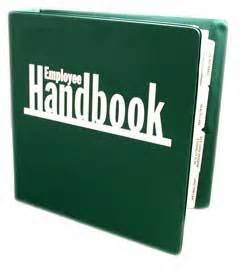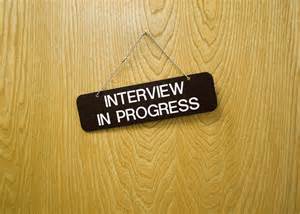Gone is the day of management gurus telling us to try and save time at work by multi-tasking. This one time fad has been proven to not only not work well but in fact slows your productivity down.
When you try to multi-task your brain must shift between lots of different activities constantly moving between the left and right side of your brain loosing focus. It has now been proven that multi-tasking slows a normal persons IQ down by around 10%, the same as if they were overly tired or were legally drunk.
Batch tasking is where you take similar tasks, group them together, set a block of time dedicated to the tasks and focus on doing them all at once.
Things like:
- Making phone calls, business or personal
- Reading e-mails
- Answering e-mails not at the same time as when reading them
- Setting appointments
- Research. Like doing estimates calculating cleaning square footage.
- Writing quotes
- Submitting quotes
- Writing blog posts
- Scheduling social media posts with a program like Hootsuite
- Making videos
- Writing your monthly customer thank you cards
When you limit distractions even for small amounts of time, like 15 minutes, to focus on one set of similar tasks your brain can work at top capacity.

If you can not set up the same amount of time each day that is ok. You might only need to pick just one day a week and do as much as possible in pre-set time. There maybe tasks you only have to do once or twice a month. Whatever you need to do is fine, there is no right or wrong.
Here is my normal routine with time set for bulk tasks daily, weekly and monthly.
7:30-8:00 Get to my desk, look over my to do list for the day. Open all computer programs I might need for the day, this alone can take 10-15 minutes in two different web browsers on two separate screens. Opening them all now saves time later when I may need one.
8:00-8:30 Help answer phones and with any first customers in the show room. Glance over my e-mails for new orders or anything pressing that I need to make a task on my today to do list, flag e-mails that I need to reply to later.
8:30-9:00 If I have new e-mail or online orders I fill out an order sheet for each one. I will fill as many orders as I can later in one block of time instead of stopping to fill each one or as each new one comes in.
If no new orders, check Facebook, See if I have any direct messages or was mentioned in any posts that I need to address. Check the daily birthdays and say Happy Birthday. Some days this small task can be moved until noon or later if the store is busy or with phone calls.
9:00-10:00 This is my first block of time where I can focus on what ever is a top priority on my daily to do list. Today it was to finish this blog post I started yesterday. Many days it is to enter into Salesforce any new contacts from new orders or that I spoke with the day before. Updates to the websites, Research and searching for useable photos or taking photos and uploading them.
10:00-11:00 Revisit my e-mails. Delete any junk that got through, move any to other folders that did not go to one directly. Answer any e-mail that will only take a few minutes, ex: send out requested data sheets or SDS's, contact a new customer after their order has arrived to ask if they have any questions. If time work on my to do list or anything as it comes. Once every few weeks this is also the time I will run to Costco for office restock.
11:00-12:00 this is when I start to batch process morning orders, enter them in the computer, pack them, print shipping labels etc. If nothing to ship out, I restock the showroom with product or just work on my to do list. Always have general tasks you can do if your to do list was short, I may do research for future blog posts. Read industry magazines check out other company websites.
12:00-1:00 recheck e-mails and this is when I answer any I had flagged from earlier in the day that will require a longer amount of time. Finish up shipments if an hour wasn't enough. This is also when I can go pick up any soap stock that is critical to ship out.
1:00-3:00 This is my largest amount of variable time. Some days I have scheduled online webinars to listen to. If it is the few days before the 8th of the month I will be working on our monthly video submission. On a Monday or Tuesday I am checking and contacting any new customers out of Salesforce who have had time to get and try our products from the one to two weeks prior to make sure things are fine. With these follow up phone calls or emails is when we ask for reviews and testimonials. If it is near the end of the month I am checking for any open accounts for payment or scheduling posts in Hootsuite for the next few weeks or month. And at some time in these 2 hours I catch my lunch.
This is when my little timers come in handy. I have a set of 10, 15 and 30 minute sand timers. These help me stay focused and not let time get away from me like when I am out on Pinterest looking for new pins. If I did not use a 10 or 15 minute timer, those few set aside minutes can turn into an hour!
3:00-4:00 3:00 is our FedEx pick up time so I make sure the pick up sheet is ready and with the outbound boxes. Check Facebook and emails again and continue with my to do list or general tasks, again using the timers as needed.
4:00-5:00 In the last hour of the day is when I may look for and post Pinterest pins as this time is noted as one of the most viewed hours for Pinterest, make my to do list for the next work day. Send out any last e-mails to customers that requested contact. This is also when I restock any large orders of soap or other product that has been delivered during the afternoon. Print out batches of SDS's to replace ones I have handed out or shipped. If it is the last work day before the new month I try to go ahead and change out the cover page on all three of our Facebook pages. If not I do it first thing on the first of the month.
And of course at any time during the day I may stop to answer phone calls, answer chemical questions for in store customers or checking out customers shopping in the showroom which can break up even the best batch tasking schedule. But if I am in the middle of a set aside time, I may let any phone calls to my desk go to my voice mail to return at the end of the task time.
Having a plan with batch tasks will save you time in the long run. Have fun making yours.
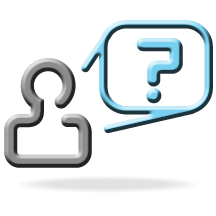



 Unlike the NFC "near field communication" or RFID "radio frequency identification" tap cards that only need to be tapped or brought within a few inches of a Wi-Fi reader to process a transaction. These have come under fire for being too easy to steal money by thieves using their own wireless machines and just brushing up to wallets and purses. These are not the same thing. But there will be some cards equipped with both the EMV and RFID in the same card chip.
Unlike the NFC "near field communication" or RFID "radio frequency identification" tap cards that only need to be tapped or brought within a few inches of a Wi-Fi reader to process a transaction. These have come under fire for being too easy to steal money by thieves using their own wireless machines and just brushing up to wallets and purses. These are not the same thing. But there will be some cards equipped with both the EMV and RFID in the same card chip.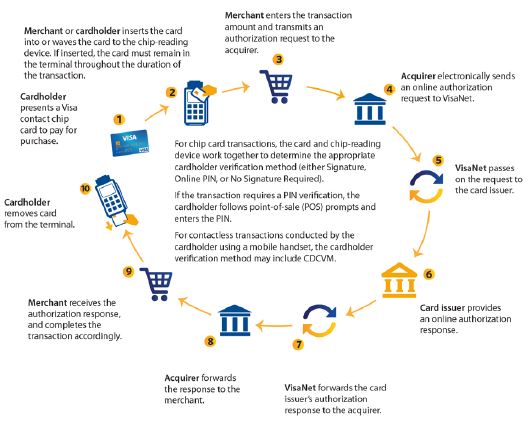 but it is not as fast as a simple copy swipe of information like the magnetic cards. Plus depending on the amount or location the card holder may still have to enter a PIN or sign for the transaction to be complete.
but it is not as fast as a simple copy swipe of information like the magnetic cards. Plus depending on the amount or location the card holder may still have to enter a PIN or sign for the transaction to be complete.